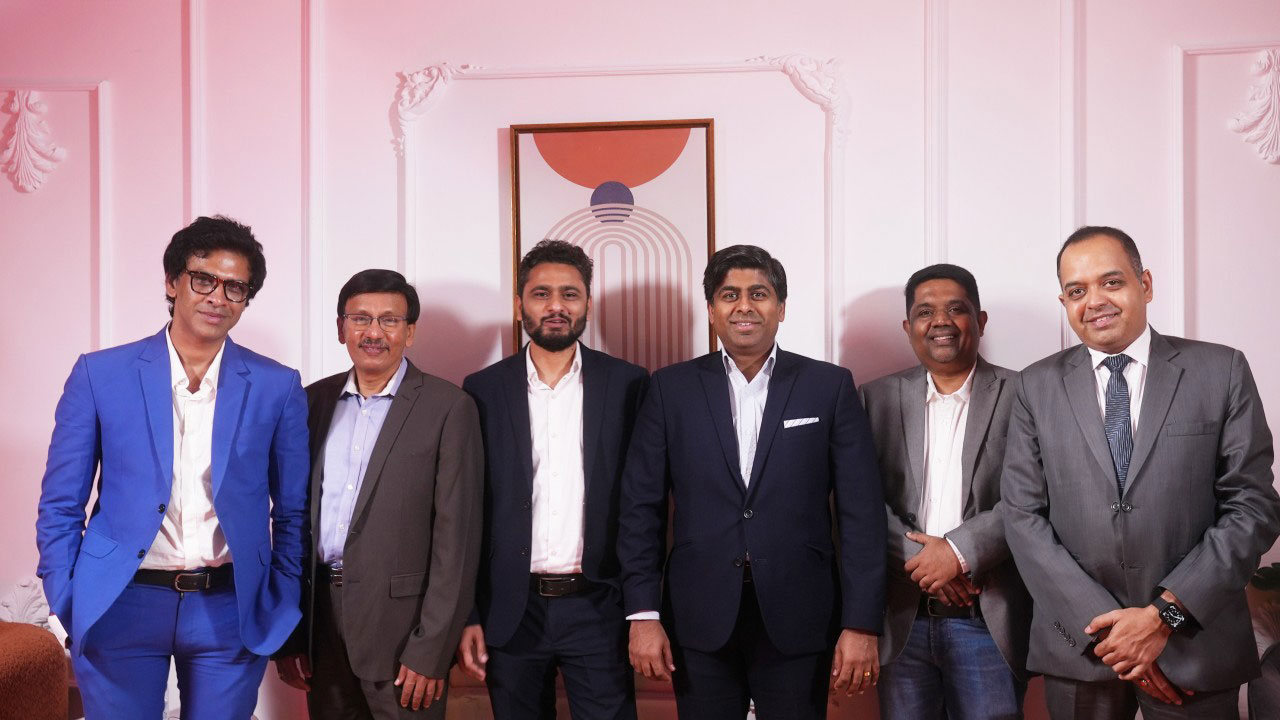
When we sat down for a podcast with Jay Bavisi, an award winning founder and CEO of EC-Council Group, one of the first things he said was, "If cybercrime were a country, it would rival the world’s largest economies. With a GDP larger than Japan’s, the scale of cybercrime underscores a critical global issue.
Jay went to explain the complexities of the industry.
As technology advances, so too does the complexity of cyber threats, fueled by innovations like artificial intelligence (AI), blockchain, and cloud computing.
While these technologies transform industries, they also expand the surface area for cyberattacks.
AI is reshaping the cybersecurity battlefield. On one hand, it enables organizations to detect and respond to threats faster. On the other, it equips cybercriminals with tools to create sophisticated attacks like deepfakes, which are nearly undetectable.
Reports from ethical hackers—cybersecurity's unsung heroes—reveal a surge in AI-driven attacks that push the boundaries of complexity.
Ransomware remains a persistent menace. Even when victims pay hefty ransoms, there’s no guarantee their data will be restored.
This evolving threat landscape calls for a proactive and innovative approach to cybersecurity defense.
Cybersecurity professionals face a daunting challenge: staying ahead of attackers in a fast-moving tech landscape.
The skills gap in the industry is widening, fueled by the demanding nature of the field and constrained budgets.
Organizations can no longer rely on outdated training models, such as annual workshops. Instead, they must embrace continuous learning through microlearning modules and hands-on training.
This approach ensures that cybersecurity teams remain agile and prepared for emerging threats.

Effective cybersecurity requires more than technology; it demands a culture of vigilance. From executives to entry-level staff, everyone in an organization must adopt cybersecurity best practices.
Creating a dedicated "Office of the CISO" can centralize efforts to implement robust security measures.
This team would oversee the alignment of organizational goals with cybersecurity objectives, fostering a unified defense strategy.
Azeem Ahmad, the CEO of Network Binary says, "No organization can tackle cybercrime alone. Partnerships between industry leaders and training organizations are essential.
For example, Network Binary collaborates with EC-Council to address the cybersecurity skills gap. By offering EC-Council’s certifications and programs, Network Binary empowers professionals across industries with cutting-edge knowledge."
During the podcast, we all agreed that fostering talent is key to the future of cybersecurity. EC-Council plays a pivotal role through initiatives like scholarships and its accredited online university, which prepares students for careers in the field.
Programs like the Certified Ethical Hacker (CEH) certification equip individuals with practical skills to combat modern threats.
With updates like AI integration in the latest CEH version, these certifications ensure professionals are ready for the challenges ahead. The battle against cybercrime demands vigilance, innovation, and collaboration.
By investing in continuous education, building resilient teams, and fostering industry partnerships, organizations can defend against an ever-evolving threat landscape.
Together, through a culture of awareness and shared responsibility, the global community can create a secure digital future. For more details, visit networkbinary.com today.